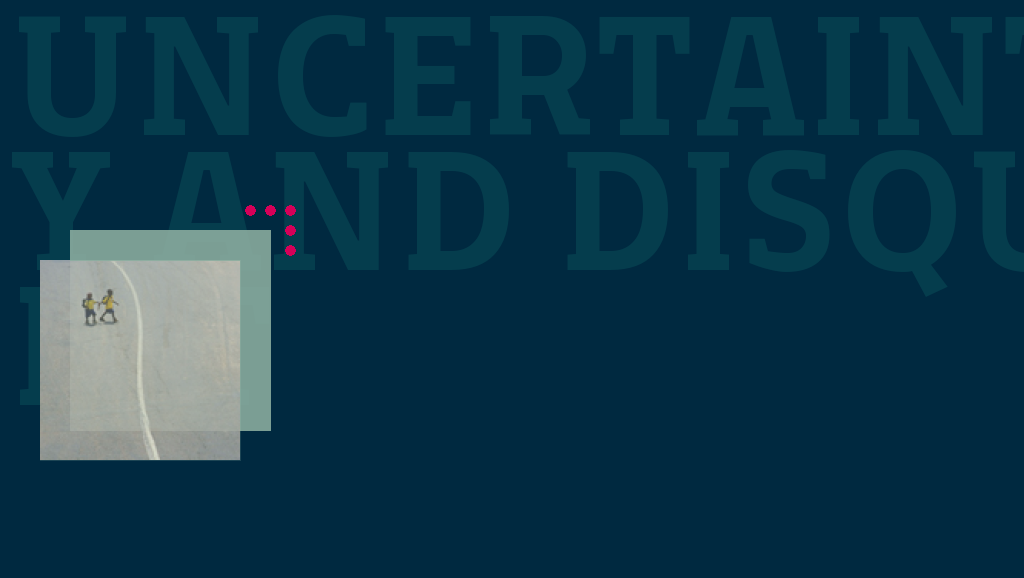Discussion of the panel W098 of the EASA Conference 2012.
Nanterre University, France, 10/07/2012 – 13/07/2012.
The call for papers “Who is Responsible” has invited ethnographic reflections on the diverse meanings and use of a term, “responsibility” which “has become such a conspicuous terms in contemporary thought styles”, to highlight its salience in contemporary culture and governance.
The papers presented have highlighted different aspects of the call, focusing both on the positioning of different types of “responsible” actors and on the construction of their responsibility in very different domains: from corporate social responsibility to human rights law, to strategies of resistance to the oblivion of genocide, from the biopolitics of citizens responsibilization in matters of HIV transmission, provision of care and copying with radioactive contamination.
I think they all show how responsibility may play a crucial role in expressing and implementing the discourse but also the anxiety of capitalist modernity to craft a judicious citizen-consumer.
Thomas Strong focuses on the affect of the biopolitics of responsabilization in the current trend towards criminalizing HIV transmission, unpacking through ethnographic inquiry the many possible meanings, the life experience so to speak of otherwise generic and abstract concepts such as responsibility, guilt, and acceptance.
Katja Seidel shows how Argentinian activists, children of a disappeared generation of vocal contestation, skillfully navigate the political, juridical and discursive constraints and possibilities that previous amnesty laws and a generic call for pacification in oblivion may grant.
Mc Carthy tries to open up to us the point of view of the responsible corporate manager, and their own understandings of sustainability vis a vis responsibility.
Hideko Mitsui critiques the discourse of responsibility as a moral imperative for the individual citizen, and apparently only for the individual citizen, in post-disaster Japan.
Susanna Trnka analyzes the responsibilization of care in the dominant discourse of patient’s choice and proposes an alternative paradigm of networks of responsibility and obligation.
Karolina Follis navigates and unpacks the many lacunae of the current conception and practice of responsibility in human rights law in the wake of the criminal failings on the part of military, state and European citizens in understanding, reacting to and handling the migrant wave from the coasts of northern Africa.
To all of these papers I wish to propose just one key question which will hopefully ease and orient discussion: What can ethnography add to the understanding of responsibility? What is the affect of responsibility? How does it feel to be bestowed a sometimes impossible task, obligation or duty, without an accountable counterpart or interlocutor? And how does this change, shape, re-define or indeed create epistemologies and concrete courses of action?
There is a moment in Thomas’ paper that I find particularly illuminating, when his recently HIV infected friend bemuses over the idea of having sex with the condom, always, every single time, not even once without. This obviously jars with his own understanding of sexuality as letting go, as abandoning oneself to chances, even as binging. Thomas’ informant reminds us in his own words that sex cannot be reduced to a safe and clean transaction between two rational actors.
I think this is the contribution of ethnography: to remind scholars, policy makers, analysts etc of the complexity and sometimes paradoxical nature of human life and social organization, and to critique reductionists models of how society, economy or kinship work in the face of such complexity.
It is no surprise then, that at least the majority of the papers have consciously focused on biopolitics, on the regimentation of discourse and imagination about health, the environment and sustainability.
Two papers instead, Follis and Seidel’s, have focused on the mechanisms or failings of the activation of justice as a pervasive discourse, a course of action, a social dimension of memory. Seidel show how Argentinian activists actively construe a conceptual and practical repertoire that is adapted to the Argentinian context and history, and how they are succeeding in instilling the notion, even at the highest judicial spheres, of genocide to account for the dictatorship’s deeds. On the other hand Follis shows how human rights law is not self-imposed, that there is no solidarity without coordination mechanisms and that these mechanisms are not put in place if there isn’t a shared perception of culpability of those who do not put them in place.
Again, what is the role of anthropology in this analysis? Which ethnographic interpretation of whose voice can add to critical analysis, beyond that based on publics documents, the media or the letter of the law? My intuition is that one of the answers may lie so to speak at sea: “why did commercial vessels fail to go to the rescue of migrant boats in distress? Why did they stop doing it? Which deterrent mechanism were put in place by navigation authorities, immigration authorities, the media and possibly fellow fishermen to stop them?”. How did the Italian and indeed European audiences shift from perceiving migration as a humanitarian disaster in need of immediate and tangible solidarity and intervention to responsibility without guilt?
These are all questions that draw our attention to the fact that responsible innovation does not only take place in technoscience or in industry and research, but indeed in policy and governance. This is a timely call to all those interested in responsible innovation, to remind us of its profoundly political nature and to find apt analytical and descriptive tools to show how it impinges on everyday life.
———————-
(Photo: Uncertainty by See Wah Cheng from Flickr)
















